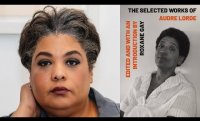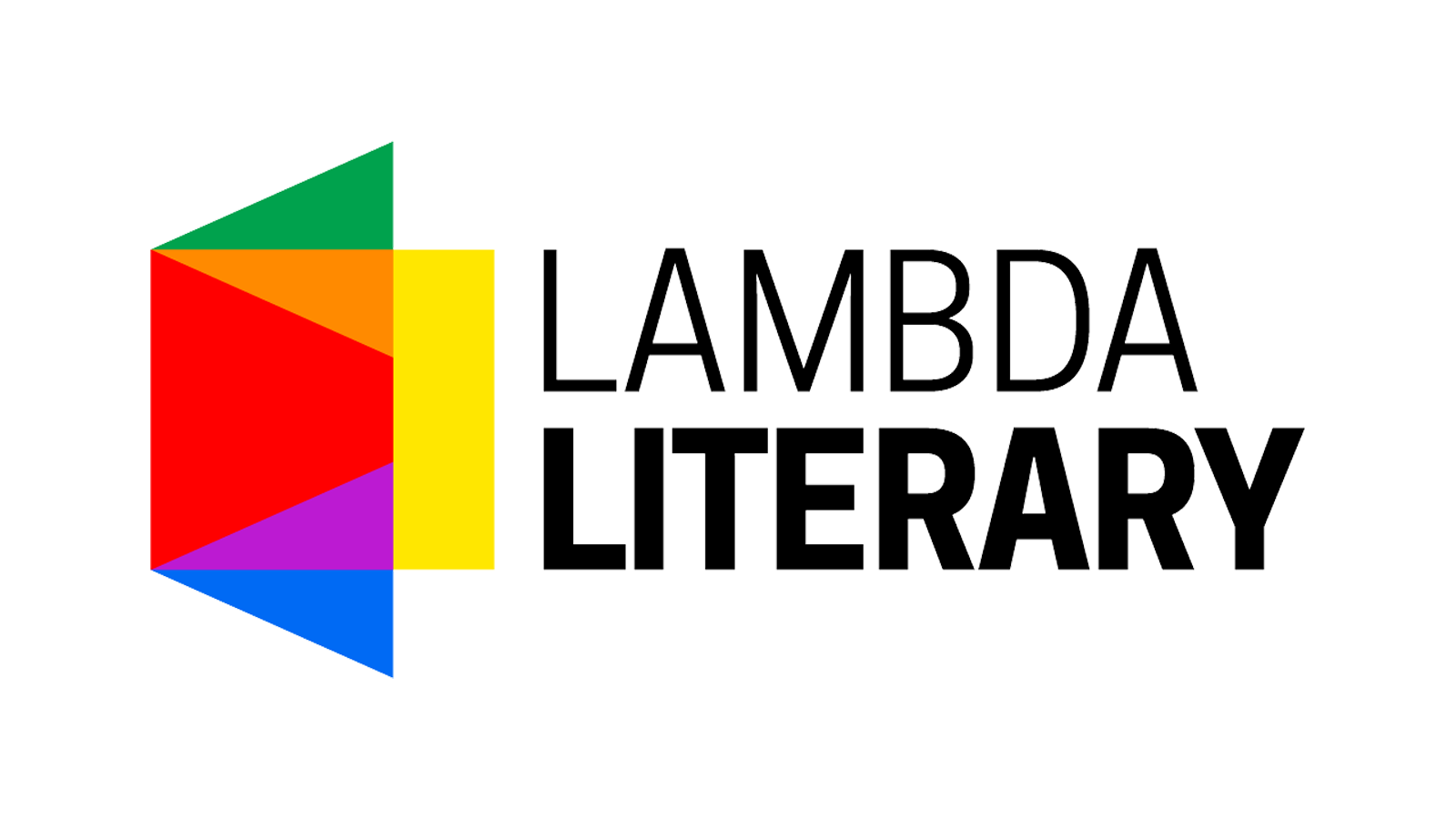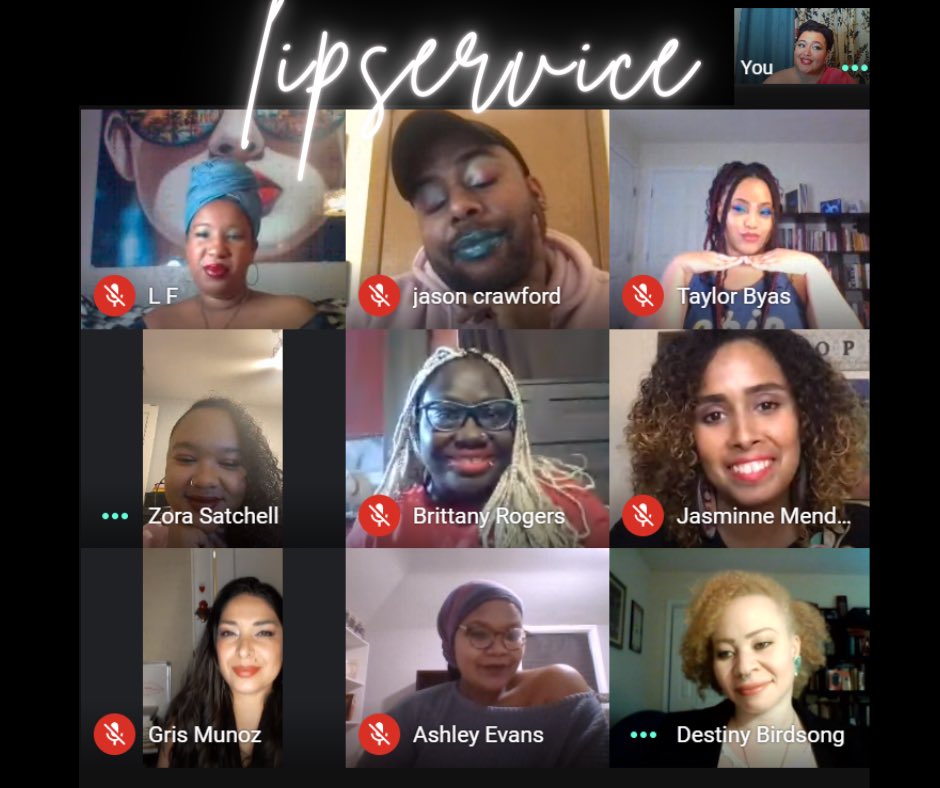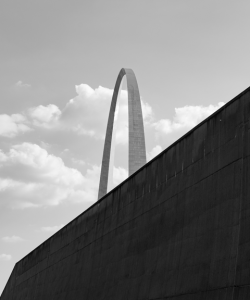Submissions are open for four prizes administered by Lambda Literary, including the inaugural Randall Kenan Prize for Black LGBTQ Fiction. Founded in memory of author Randall Kenan, who died last year at age fifty-seven, the prize will award $3,000 to a Black LGBTQ writer, “whose fiction explores themes of Black LGBTQ life, culture, and/or history.” Meanwhile, this year’s Jim Duggins Outstanding Mid-Career Novelists’ Prize will award two writers $5,000 each; the Jeanne Córdova Prize for Lesbian/Queer Nonfiction will award one writer $2,500; and the Judith A. Markowitz Award for Emerging LGBTQ Writers will grant two writers $1,000 each.
Using only the online submission system, submit to any of the four prizes by February 15. All applications require a cover letter, a curriculum vitae or résumé, and at least one writing sample. Each contest has different eligibility requirements; for example, writers submitting to the Randall Kenan Prize must have published at least one book of fiction. Visit the website for complete guidelines, including descriptions of the body of work required for eligibility for each prize. None of the contests require an entry fee.
Lambda Literary is a nonprofit that “nurtures and advocates for LGBTQ writers,” and is home to the Lambda Literary Awards, or “Lammys,” which honor the best LGBTQ books of the year. Lambda also runs a writer’s retreat and a program that brings queer and trans writers into schools to meet with young readers.











